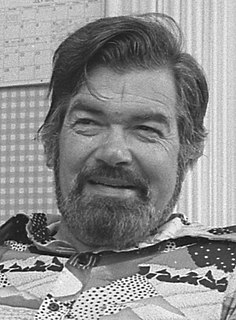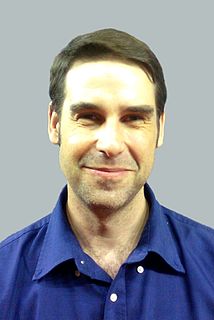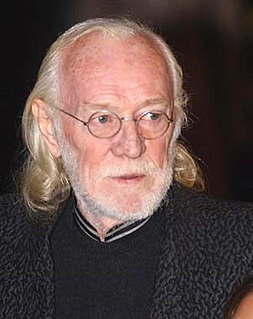A Quote by Milton Friedman
...theories should be judged by their ability to predict events rather than by the realism of their assumptions.
Related Quotes
The Pope should not flatter himself about his power nor should he rashly glory in his honor and high estate, because the less he is judged by man, the more he is judged by God. Still the less can the Roman Pontiff glory because he can be judged by men, or rather, can be shown to be already judged, if for example he should wither away into heresy; because he who does not believe is already judged, In such a case it should be said of him: 'If salt should lose its savor, it is good for nothing but to be cast out and trampled under foot by men.'
The Unitarian Church has done more than any other church to substitute character for creed, and to say that a man should be judged by his spirit; by the climate of his heart; by the autumn of his generosity; by the spring of his hope; that he should be judged by what he does; by the influence that he exerts, rather than by the mythology he may believe.





































